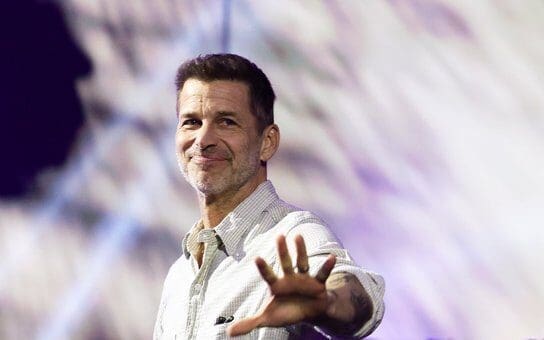
As the dust settles on the box office battleground of 2023, one cannot help but notice the seismic shifts within the superhero genre. Zack Snyder, a veteran director of comic book adaptations, has vocalized a sentiment resonating with creators and audiences alike – the looming specter of “superhero fatigue.” However, as we dissect the complex landscape of recent box office missteps, it becomes evident there’s more to the failing Marvel and DC Comics movies than mere boredom of the genre.
The concept of superhero fatigue has permeated discussions surrounding blockbuster films, particularly after “The Marvels” and its dismal box office debut. Disney CEO Bob Iger attributes the film’s underwhelming performance to the challenges faced during its production amid the COVID-19 pandemic, emphasizing a lack of supervision on set.
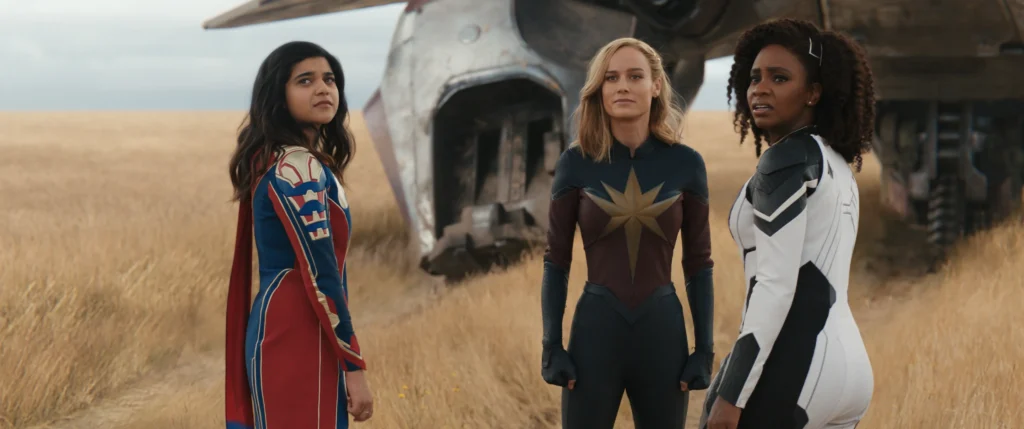
The notion of superhero fatigue, as raised by Zack Snyder, aligns with a broader industry trend. Audiences, once enamored by the grandiosity of superhero narratives, are now showing signs of weariness. The ever-expanding multiverses, convoluted timelines, and interconnected storylines have transformed the superhero experience into a demanding commitment. The casual moviegoer, bombarded with a barrage of superhero content across platforms, is becoming endangered.
Zack Snyder, a pivotal figure in the rise of comic book adaptations, acknowledges the palpable fatigue, describing the genre as being in a “cul-de-sac.” His observation delves beyond oversaturation, hinting at a creative stagnation within the superhero landscape. Snyder implies that the once-thriving genre is now caught in a loop, recycling similar themes and narratives, leaving creators and audiences yearning for fresh, innovative storytelling.
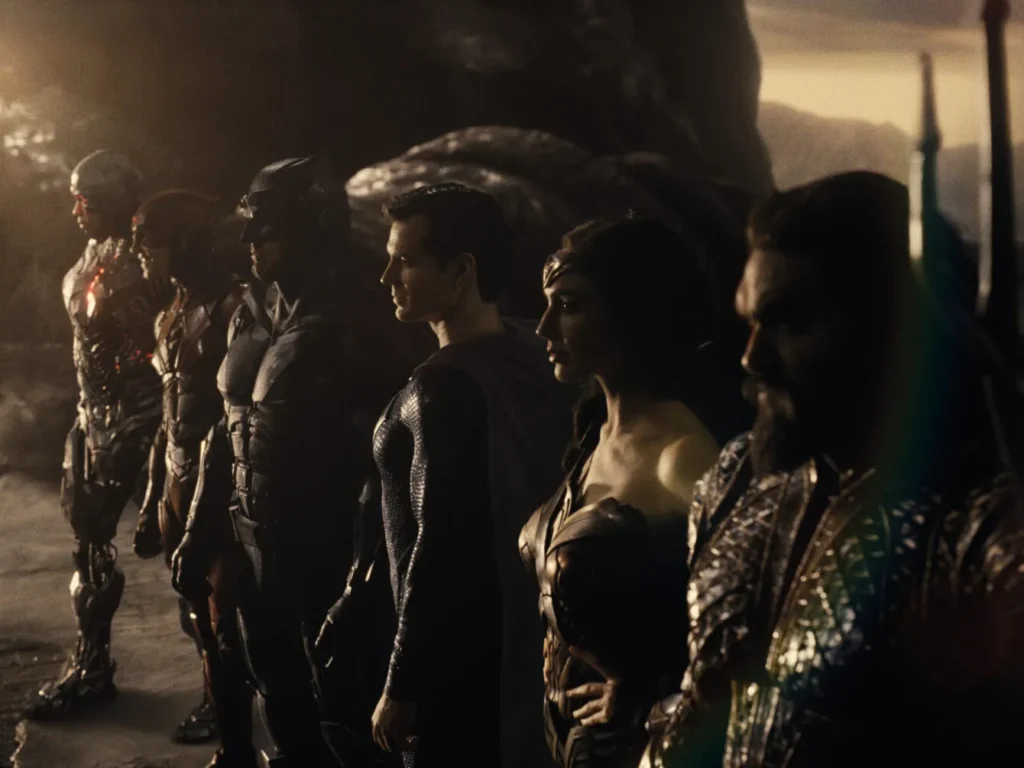
RELATED: ‘X-Men vs Avengers’ Tops The Rumors Of Floundering MCU Projects Going Into 2024
In the same interview, Snyder also stated that there’s a problem with superhero films not being standalone, where everyone is expecting a series or tie-ins. “No one thinks they’re going to a one-off superhero movie,” the director said.
Zack Snyder’s contribution to genre film, particularly with his recent Netflix venture, “Rebel Moon,” sparks contemplation. Will this departure from the traditional studio-driven superhero narrative mark a renaissance for science fiction in the traditional sense, or is it a sign of creators seeking refuge outside the confines of established superhero universes?
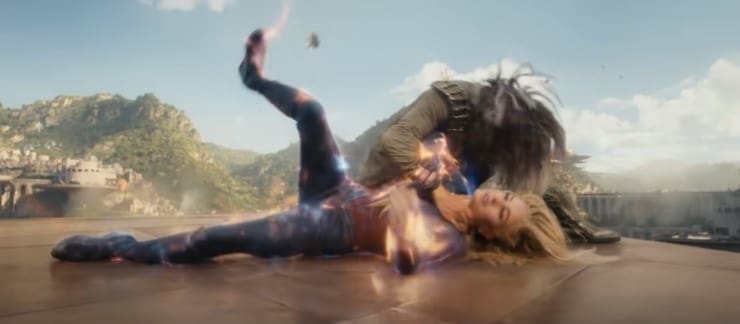
“The Marvels,” positioned as a flagship superhero blockbuster, faced a humiliating defeat at the box office, marking the lowest-grossing film in the Marvel Cinematic Universe (MCU). Beyond the pandemic-induced challenges, the film’s lackluster performance raises questions about the sustainability of the MCU’s ambitious, interconnected storytelling. Bob Iger’s acknowledgment that Disney needs to “get more realistic” hints at a potential shift in strategy, recognizing that not every film can achieve billion-dollar success.
The sequel’s failure echoes a broader industry trend, with DC’s “The Flash” and “Shazam: Fury of the Gods” falling short of expectations. The once-unassailable superhero genre is grappling with a new reality – a landscape where not every hero can soar at the box office.
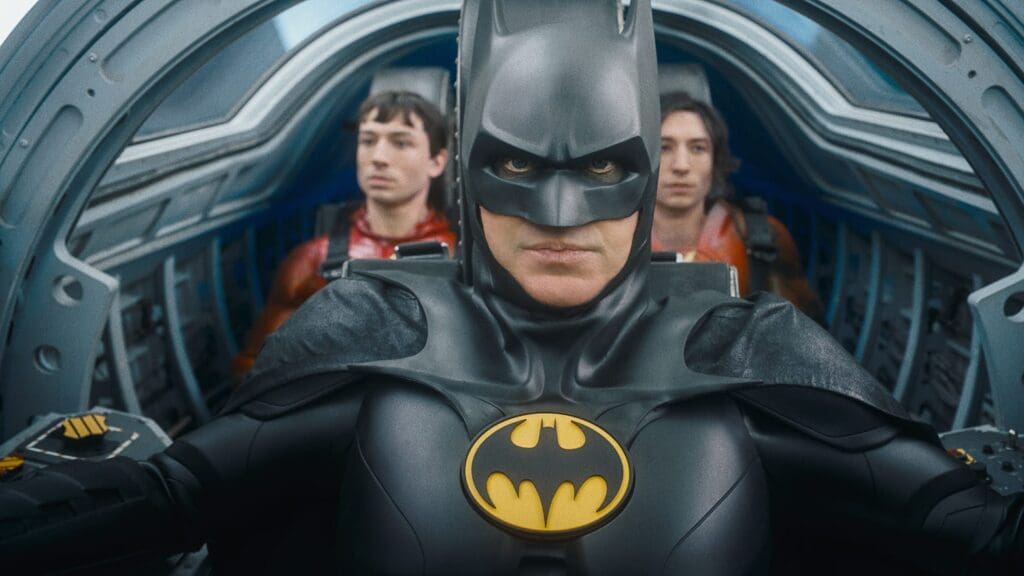
While superhero fatigue forms a significant pillar of the discussion, other elements contribute to the genre’s struggles. Issues like woke casting choices, perceived feminization of action movies meant for a male audience, and controversies surrounding cast members, exemplified by figures like Amber Heard, add layers to the ongoing narrative.
Critics argue that the genre’s recent missteps extend beyond the sheer volume of content, pointing fingers at the quality of storytelling, creative choices, and the injection of divisive real-world controversies. As the genre navigates this tumultuous phase, creators and studios must reassess their approach to ensure critical acclaim and commercial success.
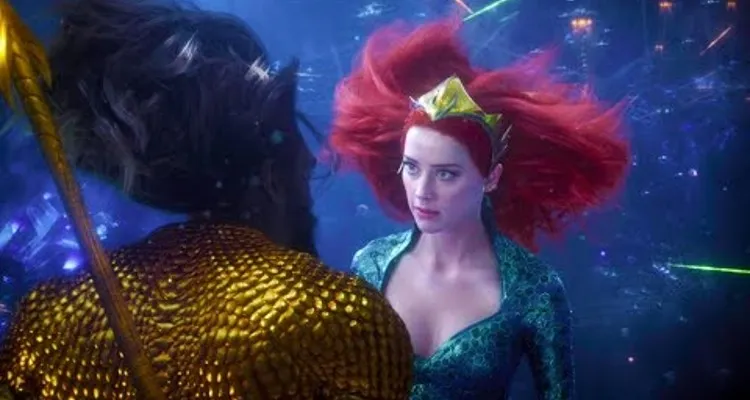
Once an indomitable force shaping the cinematic landscape, the superhero genre finds itself at a crossroads. The echoes of superhero fatigue, articulated by both Zack Snyder and industry figures like Bob Iger, resonate with an audience demanding evolution. Whether the genre will reinvent itself, embrace fresh narratives, and navigate the complexities of modern storytelling remains uncertain. As the industry grapples with the aftermath of box office disappointments and critical scrutiny, the future of superhero cinema teeters on the brink of transformation.
What do you think of Zack Snyder’s comments regarding Superhero fatigue? Are Marvel and DC doomed or is it just bad storytelling? Let us know in the comments!

Leave a Reply